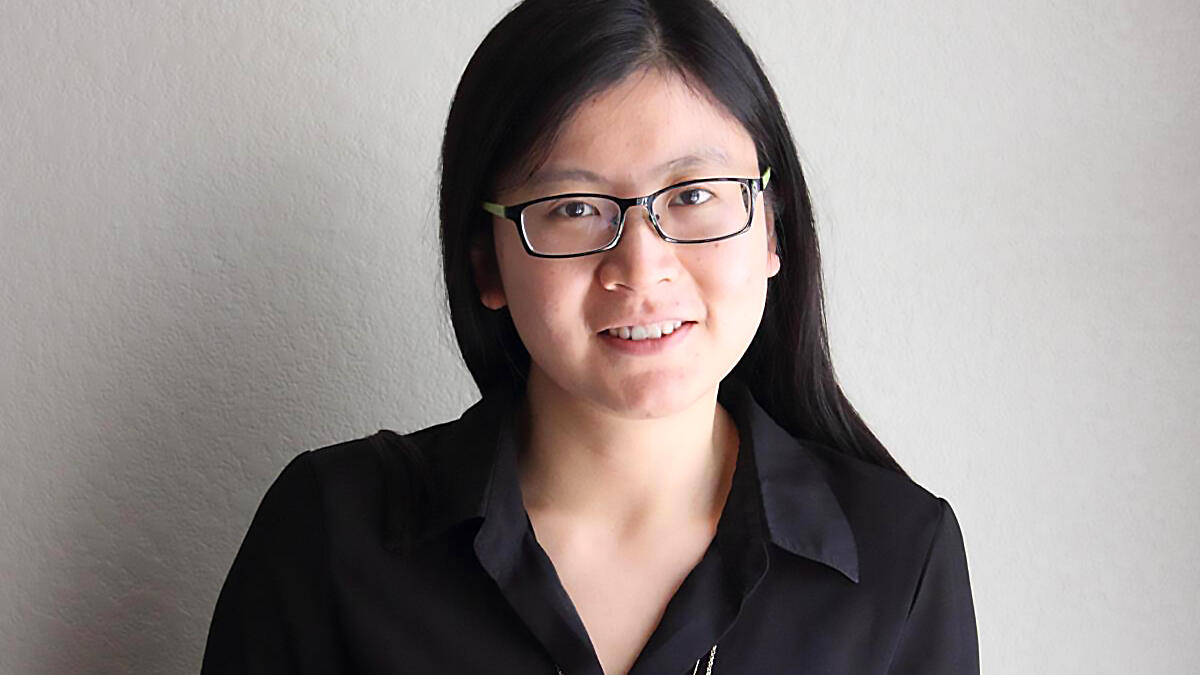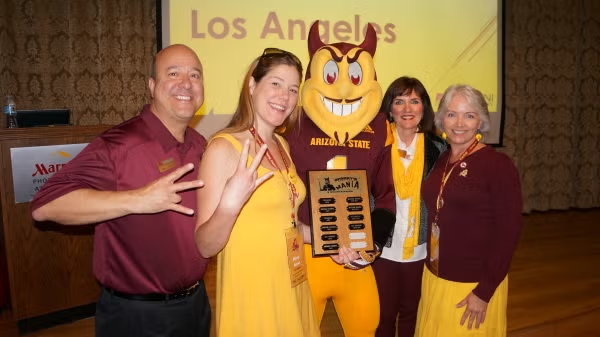ASU PhD candidate selected as Emerging Scholar by Network of Schools of Public Policy, Affairs and Administration

Fengxiu Zhang.
For the second time in three years, a doctoral candidate from Arizona State University’s School of Public Affairs has been named an Emerging Scholar of the Network of Schools of Public Policy, Affairs and Administration (NASPAA).
PhD student Fengxiu Zhang was chosen in 2019 because she shows “excellent promise in achieving a faculty position upon graduation,” according to the letter announcing the award.
“Fengxiu Zhang is a highly promising early career scholar with an impressive record,” said Professor Eric Welch, director of the school’s Center for Science, Technology and Environmental Policy Studies and Zhang’s academic adviser. “Her research, examining adaptation of public agencies in response to extreme events, will contribute significantly to the field of public management.”
The honor includes a $350 stipend and travel expenses paid for Zhang to attend the NASPAA Annual Conference on Oct. 16-19 in Los Angeles.
“I am deeply honored to receive this award,” Zhang said. “I study public organization adaptation to extreme events, which is an important, but rarely examined, topic in public administration. I see this award as an important recognition of the significance of my work.”
At a panel discussion held after receiving the award at an Oct. 18 luncheon, she will give a 10-minute presentation to educators, many of whom have hiring authority.
“The NASPAA presentation will be a great opportunity to showcase my work and myself as a researcher to leaders from many other schools in public administration,” Zhang said. “I particularly look forward to interactions with prospective employers to learn about opportunities where I can continue my research after completing my doctoral degree.”
Zhang is one of three students from 282 schools honored with the NASPAA Emerging Scholars Award this year. Others are Andrew Osorio, School of Public Affairs and Administration, University of Kansas, and David Schwegman, Maxwell School of Citizenship and Public Affairs, Syracuse University.
In 2017, School of Public Affairs then-doctoral candidate Federica Fusi, who is now an assistant professor at the University of Illinois at Chicago, won the Emerging Scholar Award from NASPAA. School of Public Affairs is an academic unit of the Watts College of Public Service and Community Solutions.
More University news

Empowering future engineers
An Arizona State University alumna inspired by her alma mater’s charter and family legacy is giving back to establish three new…

ASU Online ranked among best in the nation by US News & World Report
Arizona State University’s online programs continue to earn recognition among the nation’s best in the 2025 U.S. News & World…

ASU summer program honored with 2025 Award for Mathematics Programs that Make a Difference
The Joaquin Bustoz Math-Science Honors Program (JBMSHP) at Arizona State University has been honored with the 2025 Award for…

